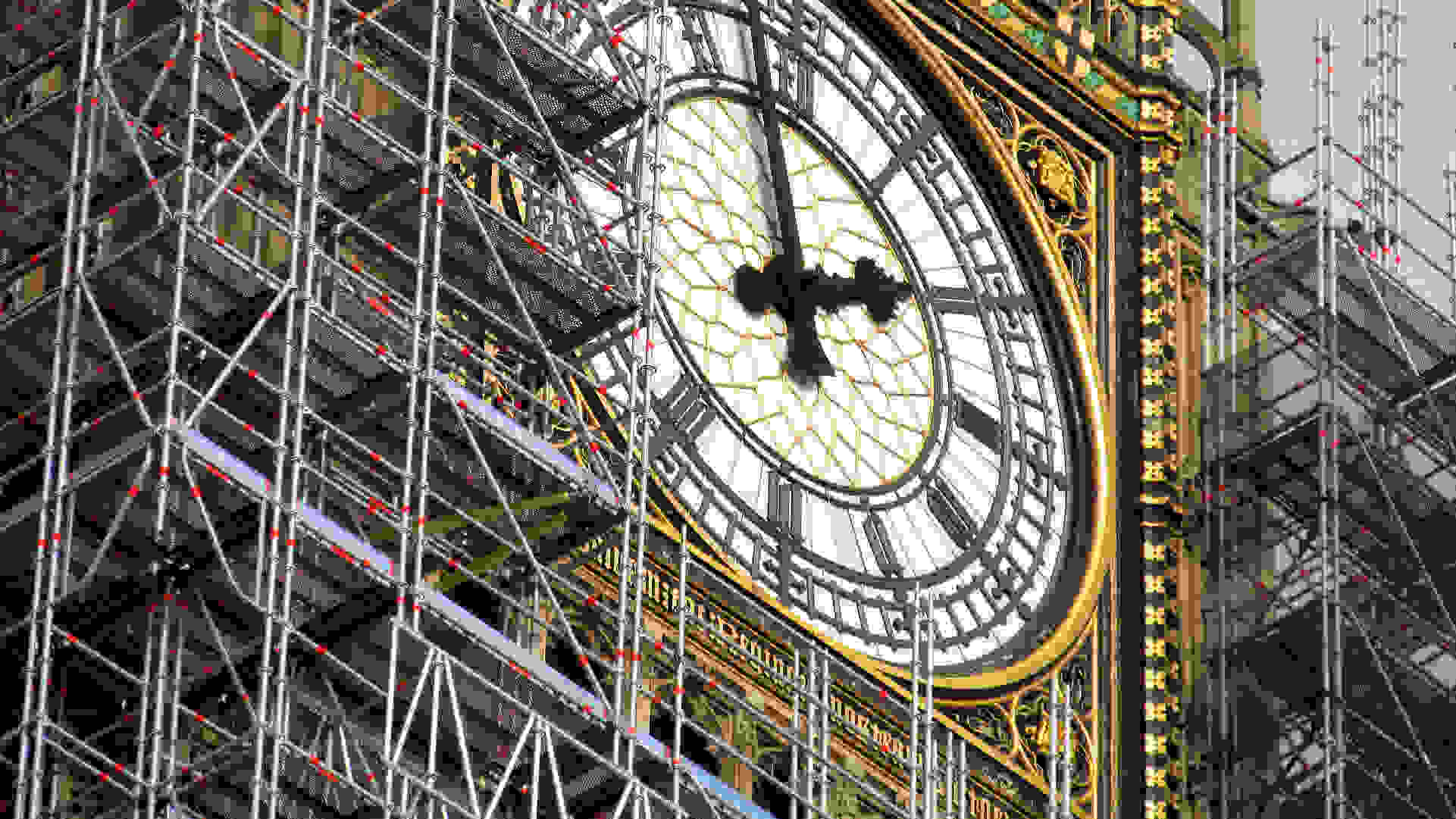News / Parliament gagged by super-injunction? A conversation with Joshua Rozenberg - Parliament Matters podcast, Episode 101
Legal expert Joshua Rozenberg joins us this week to unpack the legal and constitutional ramifications of one of the most troubling intersections of government secrecy, national security, and parliamentary accountability in recent memory. Thousands of Afghans who had worked with British forces were placed at risk of Taliban revenge attacks after a catastrophic government data leak in 2022 exposed their details. In response, ministers secured a “super-injunction” – so secret that even its existence could not be reported – effectively silencing public debate and preventing parliamentary scrutiny for almost two years. The breach, only revealed this week, led to a covert resettlement scheme which has already cost taxpayers millions of pounds. Please help us by completing our Listener Survey. It will only take a few minutes.




